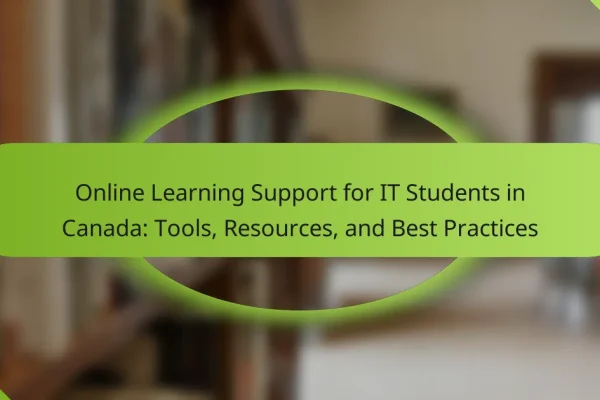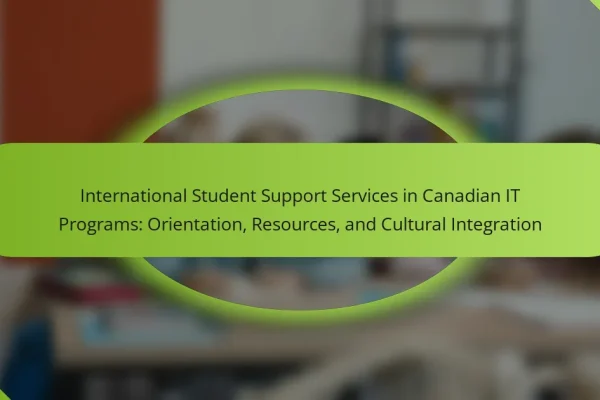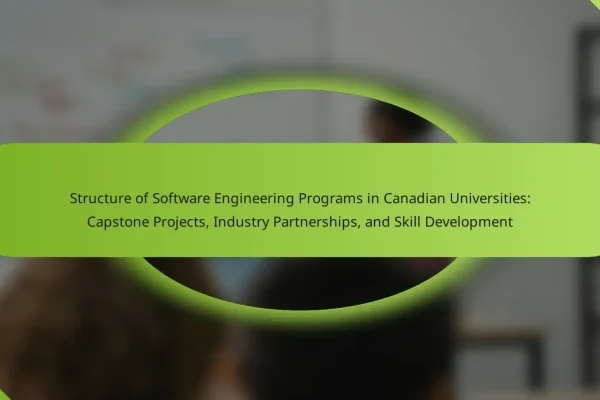
Admission Criteria for Cloud Computing Degrees in Canada: Technical Background, Certifications Needed, and Application Procedures
Admission criteria for cloud computing degrees in Canada generally require applicants to possess a high school diploma or an equivalent qualification. Many programs set a minimum GPA requirement, typically around 70% or higher, and may also require proficiency in mathematics and computer science. Some institutions may ask for standardized test scores like the SAT or…








